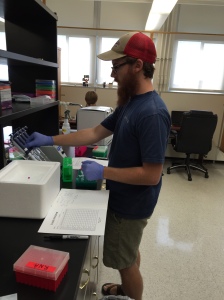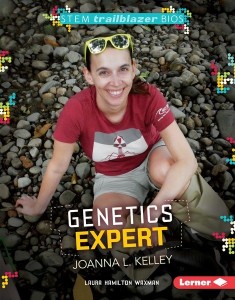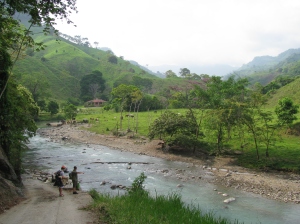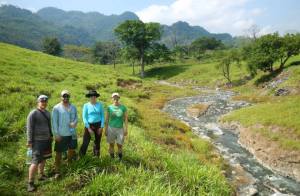Postdoc Position: Evolutionary Genomics at Washington State University
A postdoctoral position is available in the laboratory of Dr. Joanna Kelley, in the School of Biological Sciences at Washington State University in Pullman, WA (kelleylab.wordpress.com). The research goals of the laboratory are to use genomic and computational methods to understand the genomic basis of adaptation to extreme environments. We are interested in understanding how genetic and environmental variation interact to drive population differentiation and adaptive evolution. The School of Biological Sciences at Washington State University has a strong research presence in evolution and ecology research and there are many opportunities for interaction and collaboration. We welcome applications from candidates with diverse educational backgrounds.
Applicants will be expected to develop and lead projects. Candidates are required to have a Ph.D. in Genetics, Genomics, Computational Biology (bioinformatics, systems biology), Statistics, Computer Science, or related disciplines. A computing background is required, especially experience with Unix, and knowledge in one or several programming languages (Perl, Python, C/C++, R/BioConductor, etc). Additional experience with high-throughput sequencing data is highly necessary. Candidates should demonstrate a strong track record of publication; have strong organizational, written, and oral communication skills; and be able to work both independently and as part of a collaborative team.
The appointment is for one year with the possibility of renewal based on satisfactory performance. Funding is available for two years. Salary is competitive and commensurate with experience, and benefits are included.
Applicants should email Joanna Kelley at joanna.l.kelley-at-wsu.edu and include curriculum vitae, cover letter that includes a statement of research interests that explicitly describes your professional qualifications for the position, and contact information for three references. Start time is flexible, with a desired start in Fall 2015. Applications will be accepted through July 15th.


 Lerner Publishing Group recently published biographies of STEM Trailblazers. The series highlights researchers from different fields to inspire kids in STEM. I was not a part of the writing of the book. I am excited to be included as the Genetics Expert. The entire series can be located on the Lerner
Lerner Publishing Group recently published biographies of STEM Trailblazers. The series highlights researchers from different fields to inspire kids in STEM. I was not a part of the writing of the book. I am excited to be included as the Genetics Expert. The entire series can be located on the Lerner 






